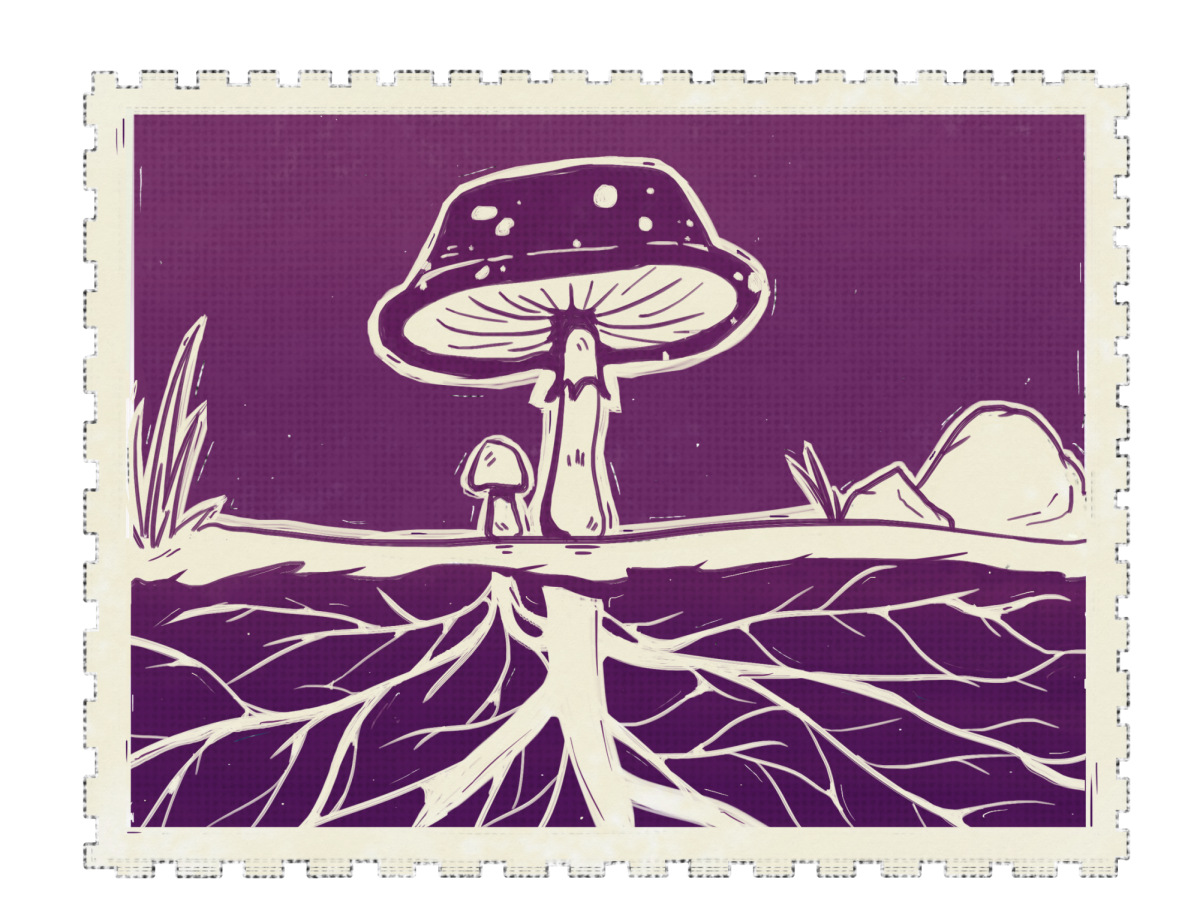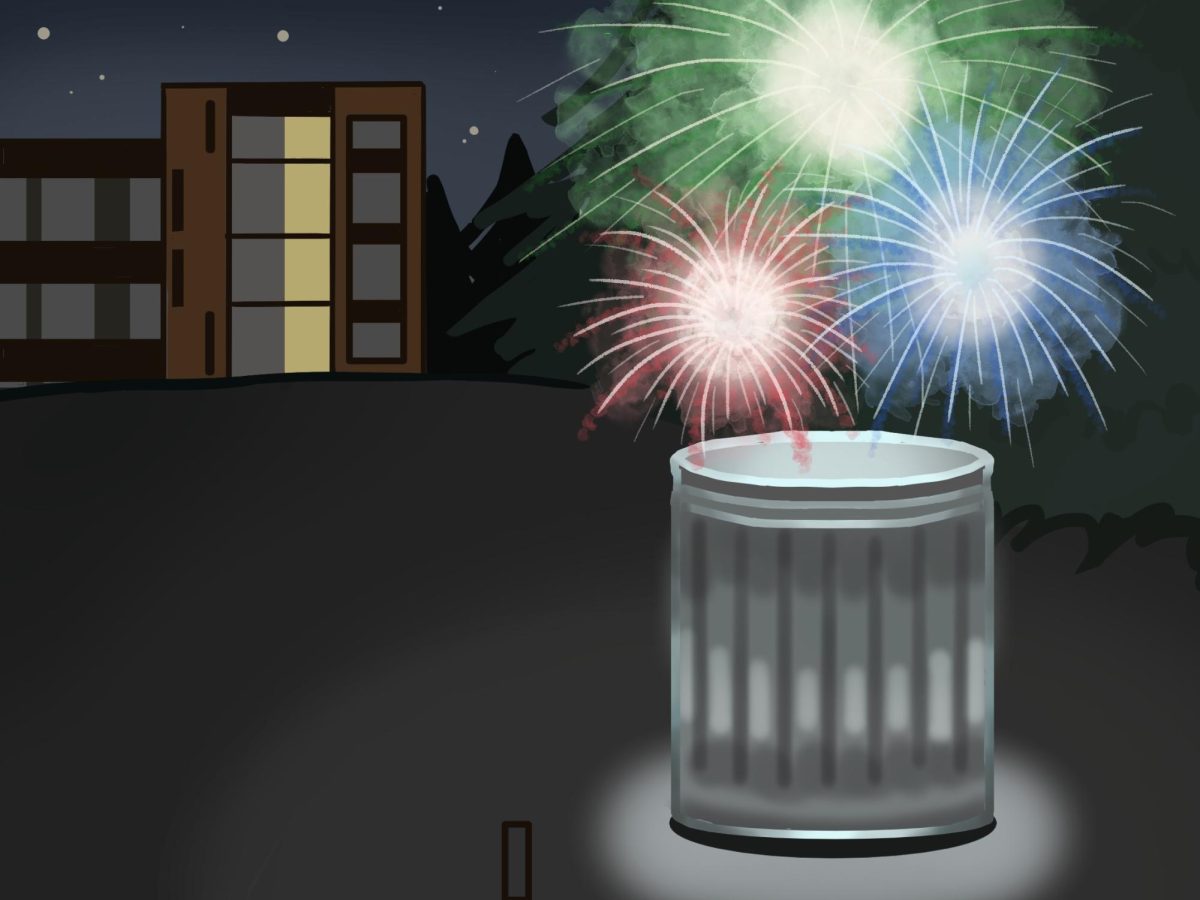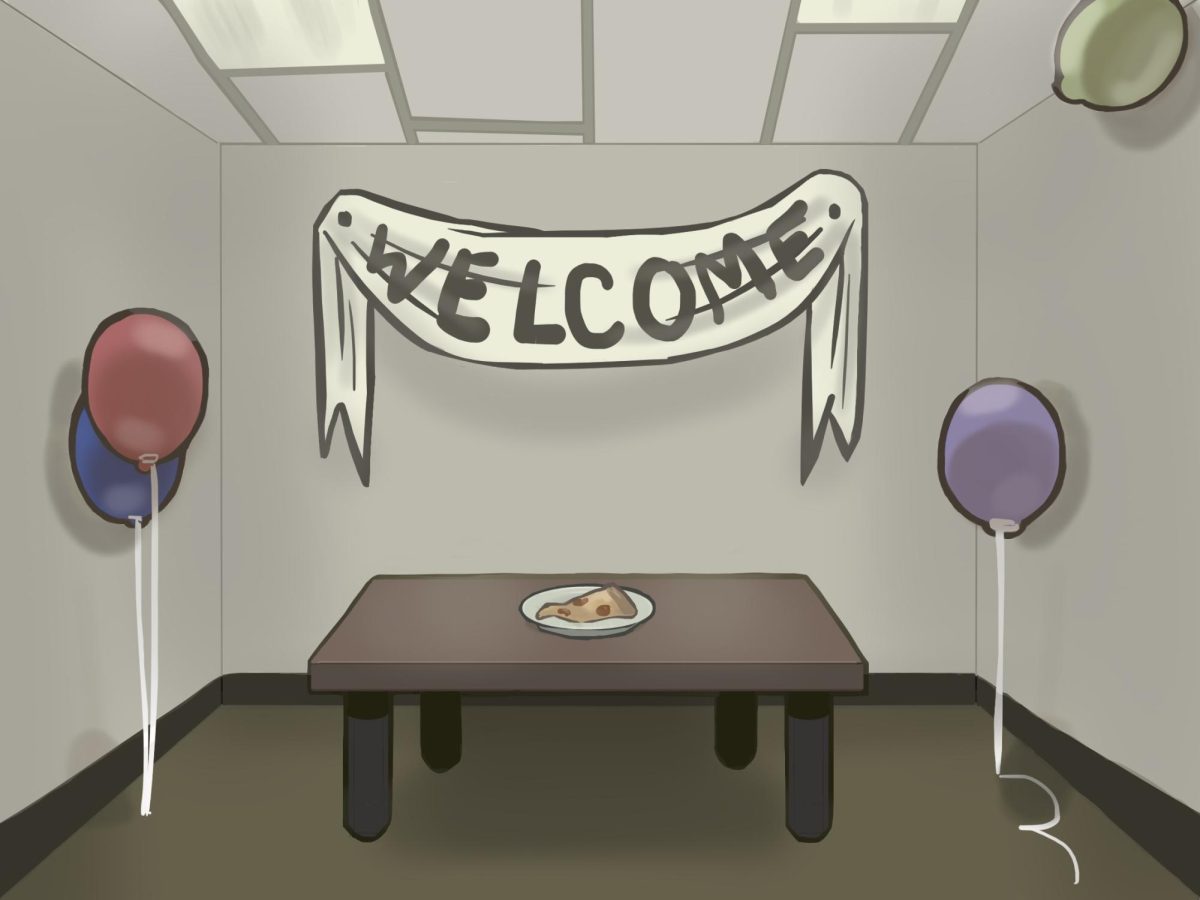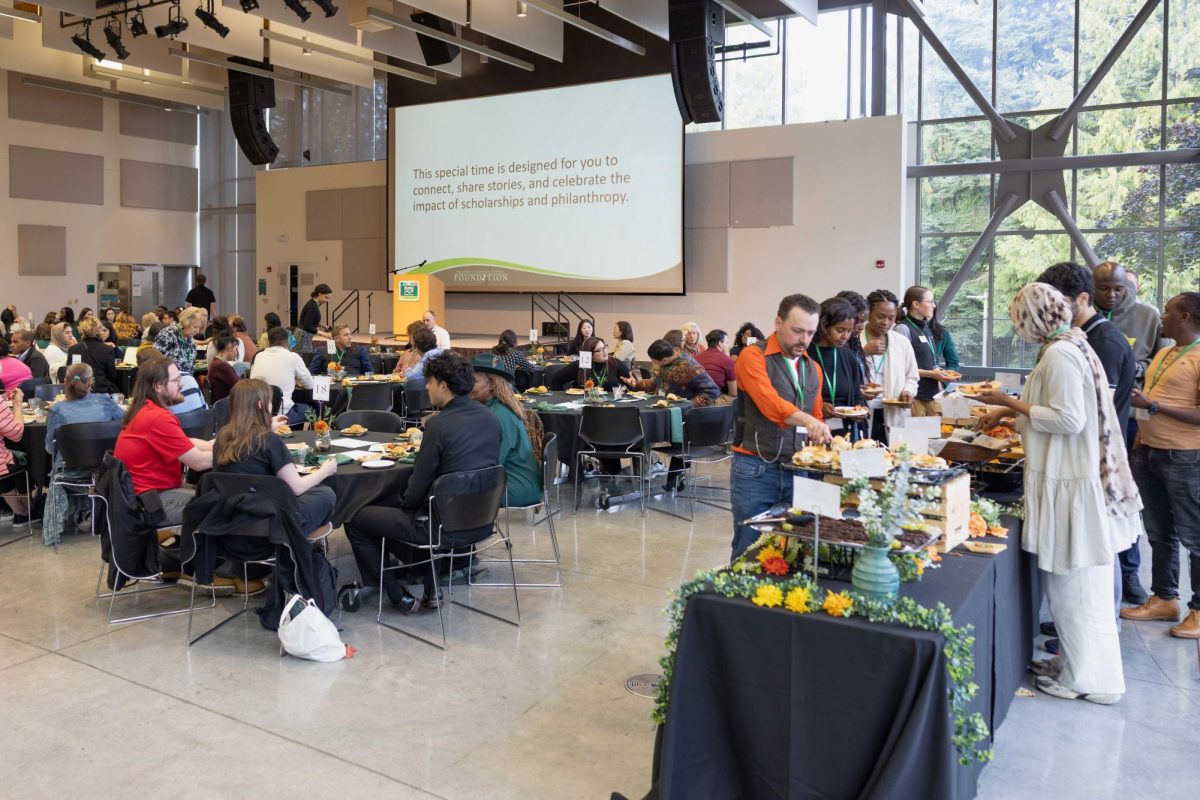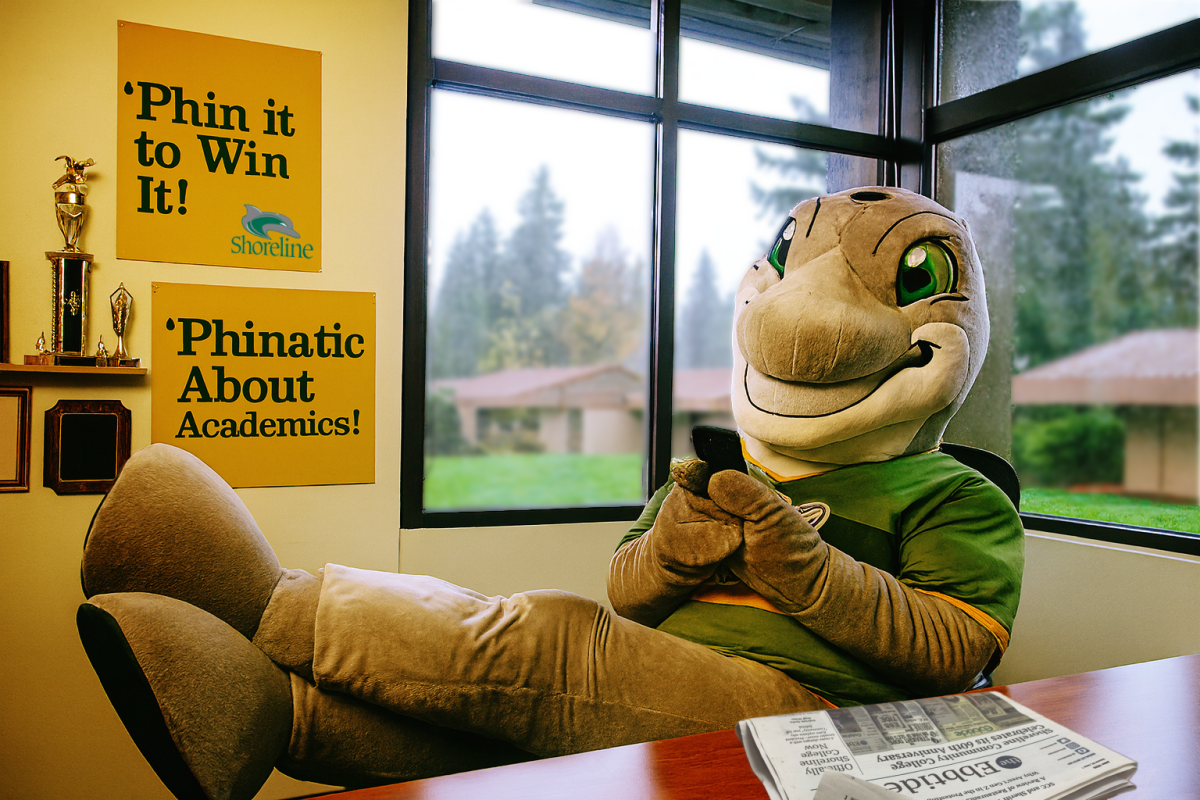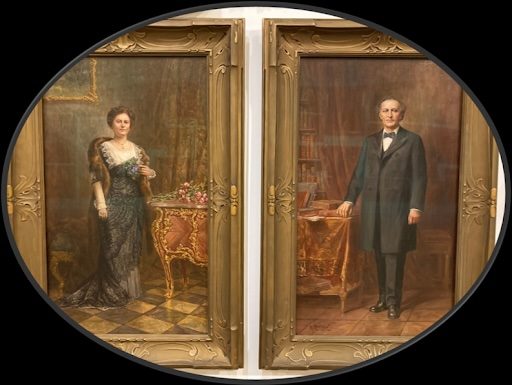What is a play without an audience?
In the wake of COVID-19, SCC professor Tony Doupe has been grappling with this question and others as he takes theater to a new level — digital.
“Even in a performance based class we all have to adapt,” Doupe said. “We have to reinvent and rethink what productivity is.”
The Show Must Go On
Doupe is a longtime actor and producer who began teaching at SCC in 1998. However, this quarter is the first time he has had to teach an acting class fully online.
While being forced to work on their own, students get a chance to practice skills they don’t normally work on in class such as self examination, online auditions and generally taking a more academic approach to the art form, Doupe said. The trick is not letting the stress of isolation take its toll.
“I’m hoping my classes will be an escape from the stress,” Doupe said.
While acting can’t be conducted in person, Doupe thinks staged readings may make an effective replacement. This format would allow each student to act their character over teleconferencing sites such as Zoom while remaining relatively stationary.
Doupe also hopes to make up for the lack of physical interaction by shifting the focus of the class more towards the ‘rinse and repeat’ method of writing: Holding a staged read, discussing the read and then rewriting will likely become a staple in his classes over the coming months.
“We can still experience something live virtually,” Doupe said.
One issue Doupe faces with the transition online is the lack of viewership. In his Shoreline Shorts class, students write and direct short films which are then exhibited at the end of the quarter. However, without the payoff of an audience, that format is coming into question.
“We’re playing it by ear,” Doupe said. He has been considering having his students enter their films into online competitions, or maybe even start a youtube channel to showcase their work.
Making the Shift
“Film’s got the upper hand" when it comes to teaching, Doupe said. “We’re already used to technology leading the way.”
But Genevieve Trainor, a fellow actor and longtime friend of Doupe has other thoughts. While audiences may have easy access to home viewing devices, without the ability to generate content, the film industry itself could be in crisis.
“There’s definitely been a shift into voiceover work,” Trainor said, “I’ve seen a lot more innovative commercial products using sites like Zoom. The real people commercial is really coming into play.”
Trainor has appeared in multiple movies and short films and currently works as the Marketing Team Director for the Seattle Film Summit and as a Filmmaker Liaison for the Albuquerque Film & Music Experience in New Mexico. She met Doupe after taking one of his classes, and is helping him behind the scenes with converting his courses to an online format.
Even though her work was semi-remote to begin with, Trainor still struggled with the transition to an all online format.
“I felt like things were going to come to a screeching halt and in some ways they did,” Trainor said, “Instead, what’s happened is … a shift in time.”
It’s a time shift — with a silver lining. The film industry is adapting to make room for the virus in major ways, such as by broadening their scope for hiring new talent.
“They are more willing to talk to actors on a different level,” Trainor said, “It’s opened up doors to people who aren’t usually available.”
Moving Forward
The novel coronavirus has sparked rapid changes in how we interact both online and in person. But despite the stress and uncertainty that comes with these tumultuous times, regular people are finding creative ways to stay connected and to use the situation to their best advantage.
For Tony Doupe, surviving and even thriving amidst the crises all comes down to three simple steps: Give yourself a break, find optimism and don’t put too much pressure on yourself to create.
“Open yourself up to mother nature — whatever inspiration you get from her, let it flow through you,” Doupe said.



